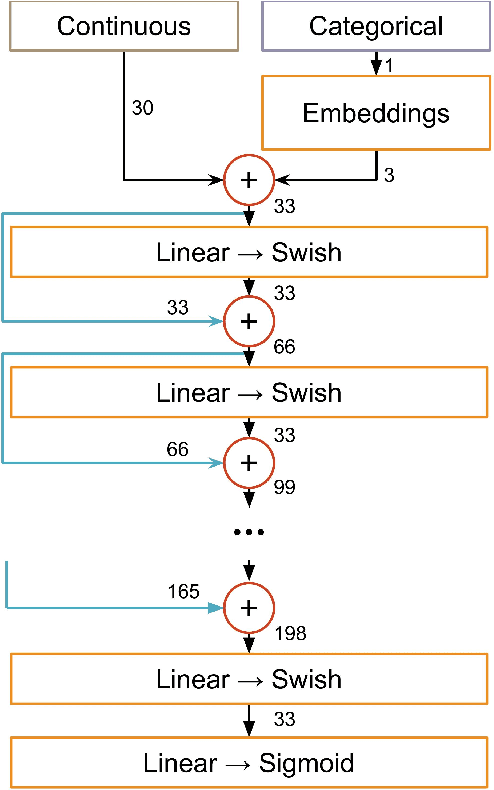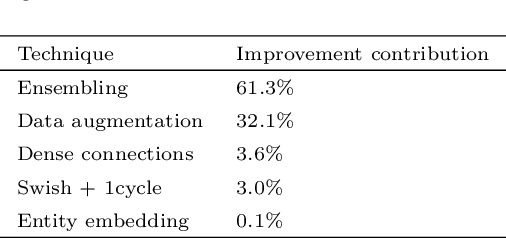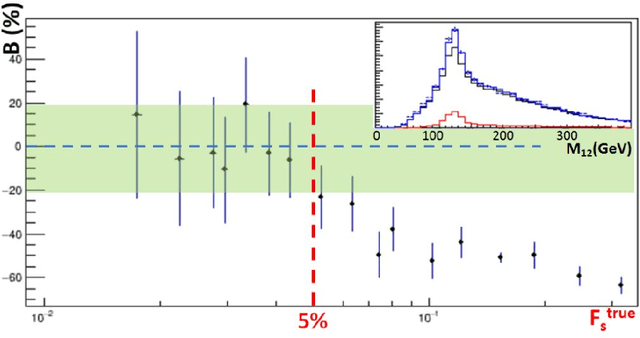Giles C. Strong
TomOpt: Differential optimisation for task- and constraint-aware design of particle detectors in the context of muon tomography
Sep 25, 2023Abstract:We describe a software package, TomOpt, developed to optimise the geometrical layout and specifications of detectors designed for tomography by scattering of cosmic-ray muons. The software exploits differentiable programming for the modeling of muon interactions with detectors and scanned volumes, the inference of volume properties, and the optimisation cycle performing the loss minimisation. In doing so, we provide the first demonstration of end-to-end-differentiable and inference-aware optimisation of particle physics instruments. We study the performance of the software on a relevant benchmark scenarios and discuss its potential applications.
Advanced Multi-Variate Analysis Methods for New Physics Searches at the Large Hadron Collider
May 16, 2021



Abstract:Between the years 2015 and 2019, members of the Horizon 2020-funded Innovative Training Network named "AMVA4NewPhysics" studied the customization and application of advanced multivariate analysis methods and statistical learning tools to high-energy physics problems, as well as developed entirely new ones. Many of those methods were successfully used to improve the sensitivity of data analyses performed by the ATLAS and CMS experiments at the CERN Large Hadron Collider; several others, still in the testing phase, promise to further improve the precision of measurements of fundamental physics parameters and the reach of searches for new phenomena. In this paper, the most relevant new tools, among those studied and developed, are presented along with the evaluation of their performances.
 Add to Chrome
Add to Chrome Add to Firefox
Add to Firefox Add to Edge
Add to Edge